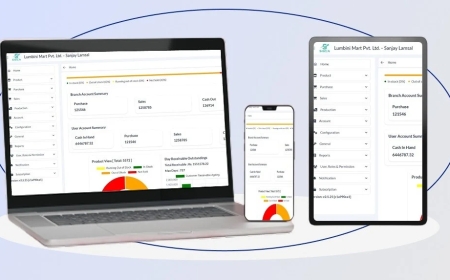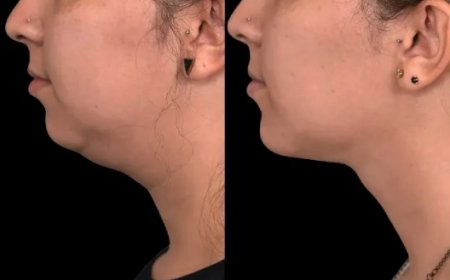Rebound Headaches: Causes, Symptoms, and Prevention

Rebound headaches, also known as medication overuse headaches, are a common and frustrating condition affecting people who frequently use headache medications. These headaches occur when the regular, excessive use of pain-relieving drugs begins to cause more headaches, rather than preventing them. Understanding the causes, symptoms, and prevention strategies of rebound headaches is essential for anyone struggling with chronic or recurring head pain.
What Are Rebound Headaches?
Rebound headaches happen when pain medication is taken too often to treat migraines or tension-type headaches. The body becomes accustomed to the presence of medication, and when the drug wears off, a new headache begins. This can lead to a vicious cyclemore headaches lead to more medication, which in turn causes more headaches.
This condition is most commonly associated with over-the-counter medications such as aspirin, acetaminophen, and ibuprofen, but it can also result from the overuse of prescription medications, including triptans, ergotamines, and opioids.
Common Symptoms
The symptoms of rebound headaches can vary but usually include:
-
Headaches that occur almost daily or at least 15 days a month
-
Pain that improves temporarily with medication but returns when the effect wears off
-
Morning headaches or headaches that start upon waking
-
Irritability, fatigue, and difficulty concentrating
-
Nausea or light sensitivity, especially if the rebound headache mimics a migraine
These headaches can gradually become more severe and disruptive if not addressed.
Medications That Can Cause Rebound Headaches
Not all medications cause rebound headaches, but some of the most common culprits include:
-
Simple painkillers like acetaminophen or ibuprofen when used more than two or three days per week
-
Combination medications that include caffeine, aspirin, and acetaminophen
-
Migraine-specific drugs like triptans (e.g., sumatriptan, rizatriptan)
-
Opioid painkillers, which carry a higher risk of dependency and rebound effects
The risk increases the longer these medications are used and the more frequently they are taken.
How to Prevent and Treat Rebound Headaches
Preventing rebound headaches involves a combination of medication management and lifestyle changes:
-
Limit Medication Use
Only use acute headache medications two or fewer times per week. Using them more often increases the risk of rebound headaches. -
Work With a Doctor
A healthcare professional can help taper the use of overused medications safely. In some cases, stopping the drug suddenly may be necessary, but this should always be done under medical supervision. -
Preventive Medications
Doctors may prescribe preventive treatments such as beta-blockers, antidepressants, or anti-seizure drugs to reduce headache frequency without causing rebounds. -
Adopt Healthy Habits
Regular sleep, hydration, stress reduction, and a balanced diet can help manage headaches naturally. Exercise and relaxation techniques like yoga or meditation are also beneficial. -
Monitor Headache Patterns
Keeping a headache diary can help identify triggers, patterns, and medication use, allowing better control and communication with your healthcare provider.
Conclusion
Rebound headaches are a preventable and treatable condition, but they require awareness and discipline. If you find yourself relying on headache medications frequently, it may be time to re-evaluate your treatment approach. With the right strategies and support, you can break the cycle and regain control over your health and well-being.





























